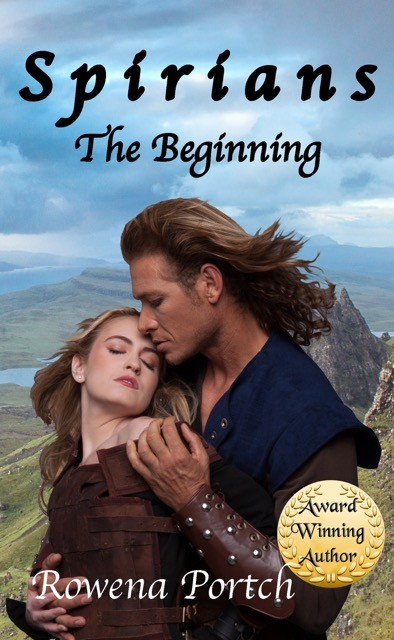A professional writer for over 30 years, Rowena writes for companies such as Microsoft, Osborne/McGraw-Hill, and America Online. She has ghost written short stories, published nine novels, and produced over 172 articles for Livestrong, Guardian Liberty Voice, Airbrush Magazine, and natural medicine sites.
Being blind has its own set of challenges. Being a blind professional writer is akin to a scuba diver looking for a place to dive in the desert. Sure, there are lakes and pools but none of which are deep enough to enjoy a satisfying dive.
There are few things worse than purchasing a program from a well-known corporation, only to discover that it does not play well with my Braille display or screen-reading program. In short, it is inaccessible.
When I purchased Scrivener, I did so with ambivalence, certain the program would be inaccessible, or partially accessible. I loaded the program and started using it, putting it through the blind-user gauntlet, encouraging the app to fail. It did not. It performed like a well-trained guide dog, obeying my commands without a glitch. In truth, it behaved more nobly than Microsoft Word and Apple’s Pages.
I now use Scrivener on all my devices to write articles, blog posts, novels, short stories, as well as keeping notes and recipes. It has taken the place of all my word processing programs, note applications, and story-writing apps.
Scrivener is an essential tool for any writer, whether they are blind or sighted. I applaud them for taking the time to develop a product that not only works, but out performs those produced by Microsoft and Apple, corporations that should be more diligent at producing accessible applications.
Thank you Scrivener team for developing such a valuable truly accessible tool.


